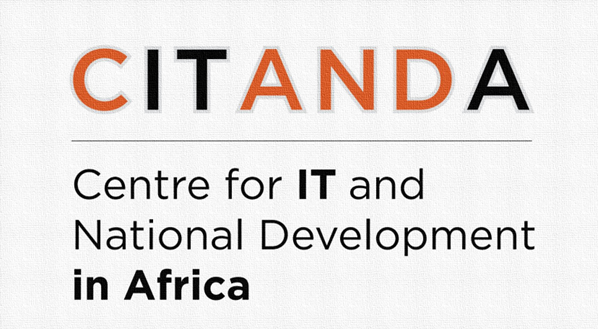Abstract
Several professional development programs have been designed to train in-service teachers on a computational thinking (CT) curriculum, but few researchers have examined how these affect primary school teachers' self-efficacy and knowledge of CT in emerging economies. This study's objective was to create a framework for the professional development of primary school in-service teachers for the teaching of CT (referred to as professional development for primary computational thinking - PD4PCT) to be integrated into teachers' professional development programs. An initial framework was refined after implementing it at a Namibian school with a group of 14 teachers from five different disciplines (social studies, English, natural science, mathematics, and Afrikaans). Literature reviews, pre- and post-intervention questionnaires, semi-structured interviews, and self-reporting diaries were used to collect data. The framework was evaluated by experts via an online questionnaire. The findings show that teachers who participated in the professional development program improved their perceived CT knowledge, beliefs, and confidence to teach CT.
Included in
Educational Technology Commons, Elementary Education Commons, Elementary Education and Teaching Commons, Other Education Commons, Other Teacher Education and Professional Development Commons


